Quantum radar could find it.
For the past few years, the possibility of a new (and big!) planet hanging around in the far outer solar system has tantalized scientists and the public alike. Is “Planet Nine” out there or not?

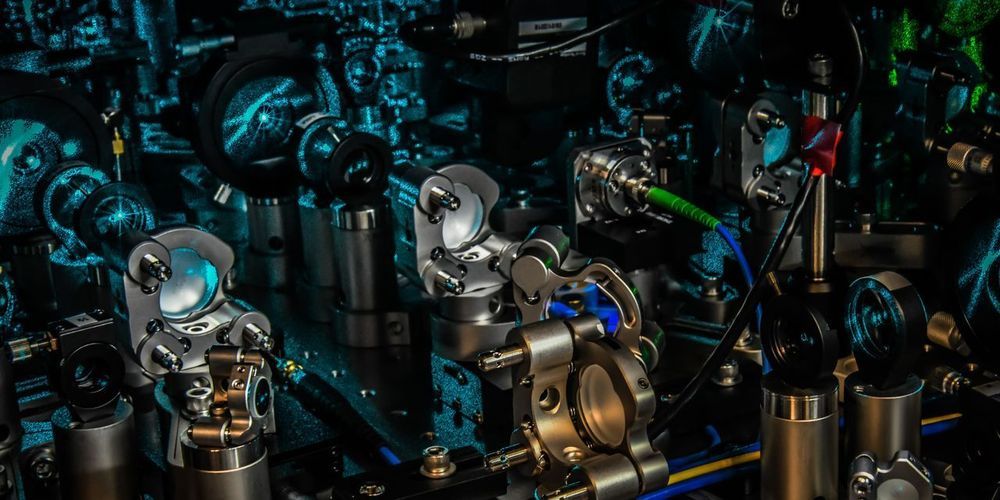
Honeywell stock doesn’t trade on quantum fundamentals yet. Shares are down about 16% year to date, worse than the comparable drops of the S&P 500 and Dow Jones Industrial Average. Honeywell is a large aerospace supplier, and the commercial aviation business has been hammered by Covid-19. Boeing (BA) stock, for instance, is off more than 40% year to date.
Honeywell stock is flat in early Friday trading. The S&P is up about 0.8%.
The quantum-computing industry hasn’t yet arrived, despite today’s announcement. But quantum computers are already better than regular computers in certain instances. Google parent Alphabet (GOOGL) demonstrated the ability of its rudimentary quantum computer to beat traditional systems.
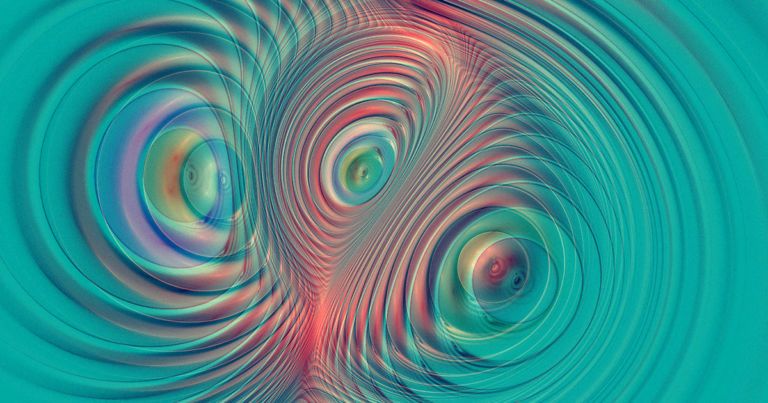
A team of researchers claim to have achieved quantum teleportation using individual electrons.
Quantum teleportation, or quantum entanglement, allows particles to affect each other even if they aren’t physically connected — a phenomenon predicted by famed physicist Albert Einstein.
Rather than a teleportation chamber out of a sci-fi movie, quantum teleportation transports information rather than matter.
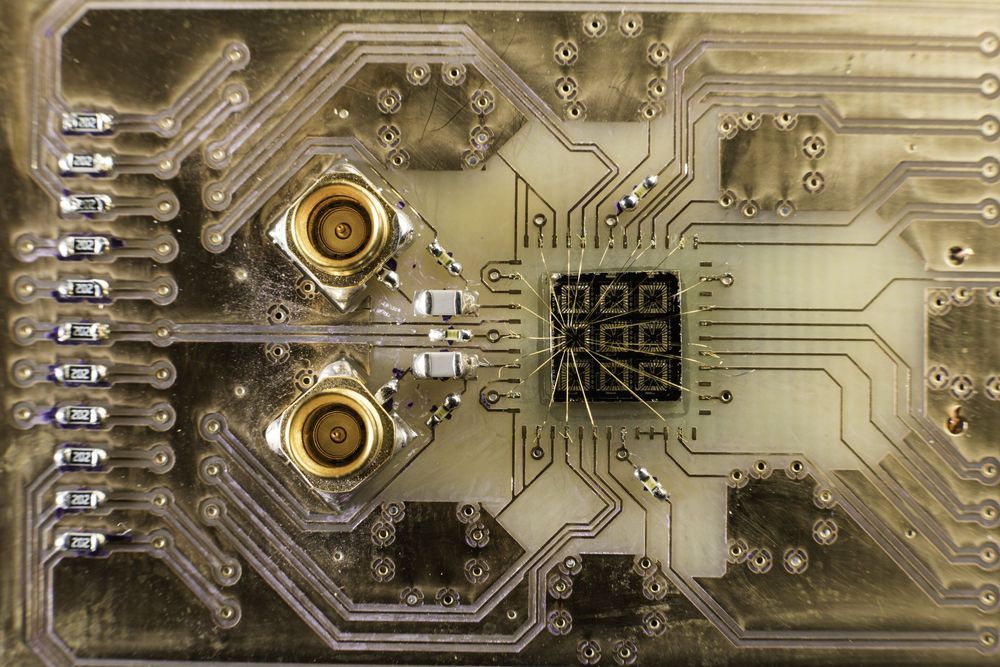
“Beam me up” is one of the most famous catchphrases from the Star Trek series. It is the command issued when a character wishes to teleport from a remote location back to the Starship Enterprise.
While human teleportation exists only in science fiction, teleportation is possible in the subatomic world of quantum mechanics—albeit not in the way typically depicted on TV. In the quantum world, teleportation involves the transportation of information, rather than the transportation of matter.
Last year scientists confirmed that information could be passed between photons on computer chips even when the photons were not physically linked.
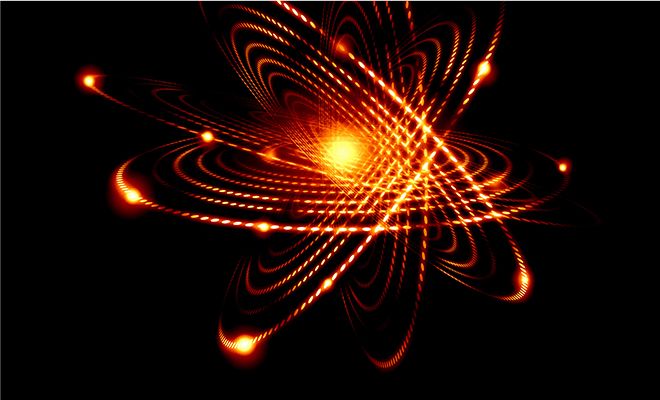


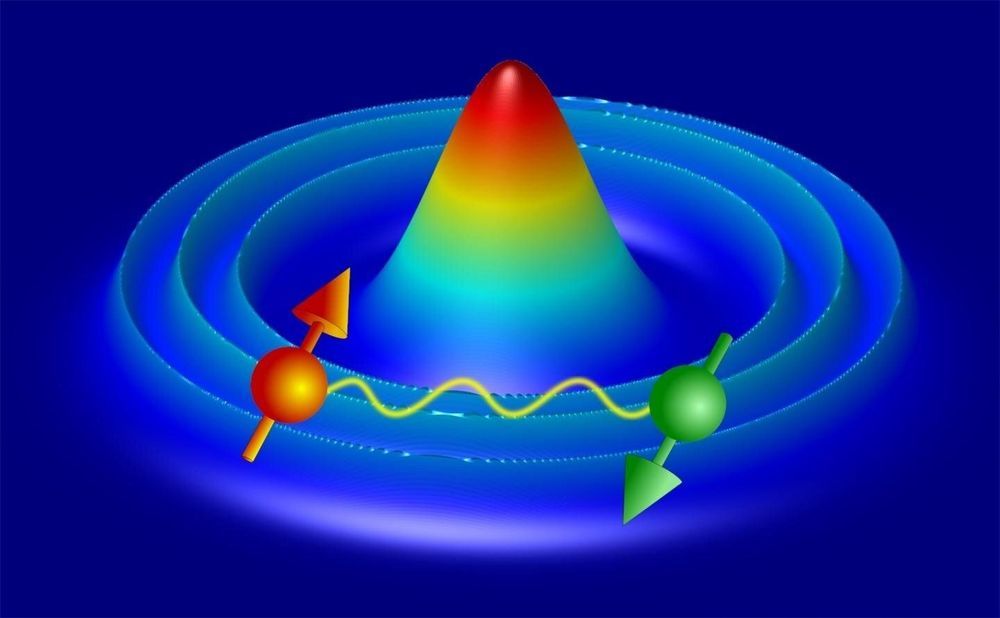
Ultracold atoms trapped in appropriately prepared optical traps can arrange themselves in surprisingly complex, hitherto unobserved structures, according to scientists from the Institute of Nuclear Physics of the Polish Academy of Sciences in Cracow. In line with their most recent predictions, matter in optical lattices should form tensile and inhomogeneous quantum rings in a controlled manner.
An optical lattice is a structure built of light, i.e. electromagnetic waves. Lasers play a key role in the construction of such lattices. Each laser generates an electromagnetic wave with strictly defined, constant parameters which can be almost arbitrary modified. When the laser beams are matched properly, it is possible to create a lattice with well known properties. By overlapping of waves, the minima of potential can be obtained, whose arrangement enables simulation of the systems and models well-known from solid state physics. The advantage of such prepared systems is the relatively simple way to modify positions of these minima, what in practice means the possibility of preparing various type of lattices.
“If we introduce appropriately selected atoms into an area of space that has been prepared in this way, they will congregate in the locations of potential minima. However, there is an important condition: the atoms must be cooled to ultra-low temperatures. Only then will their energy be small enough not to break out of the subtle prepared trap,” explains Dr. Andrzej Ptok from the Institute of Nuclear Physics of the Polish Academy of Sciences (IFJ PAN) in Cracow.
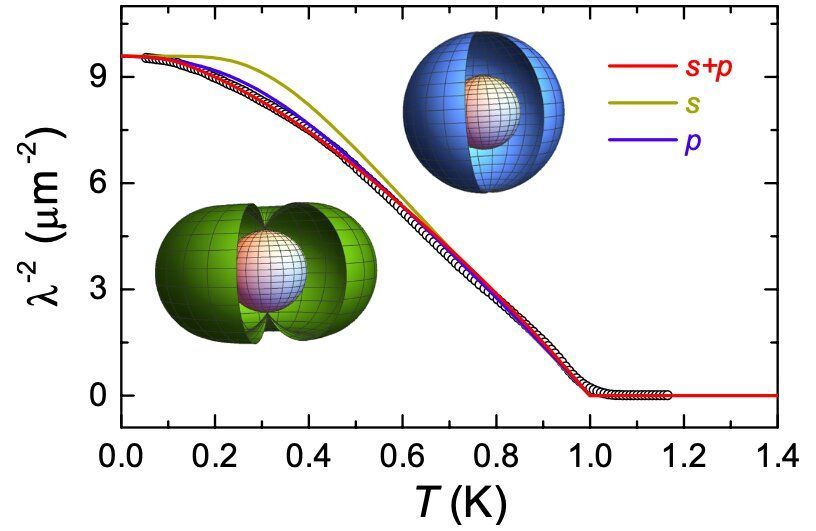
In the vast majority of superconducting materials, Cooper pairs have what is known as even parity, which essentially means that their wave function does not change when electrons swap spatial coordinates. Conversely, some unconventional superconductors have been found to contain odd-parity Cooper pairs. This quality makes these unconventional materials particularly promising for quantum computing applications.
Past studies have predicted that noncentrosymmetric superconductors, which have a crystal structure with no center of inversion, could exhibit unique and unusual properties. In recent years, noncentrosymmetric superconductors have become a popular topic of research due to the structure of the Cooper pairs contained within them, which have a mixture of odd and even parity.
CaPtAs is a new noncentrosymmetric superconductor discovered by researchers at Zhejiang University. Together with scientists at the Paul Scherrer Institut and other institutes worldwide, these researchers have recently carried out a study investigating unconventional superconductivity in this compound. Their paper, published in Physical Review Letters, offers evidence that in its superconducting state, CaPtAs simultaneously exhibits both nodal superconductivity and broken time-reversal symmetry (TRS).